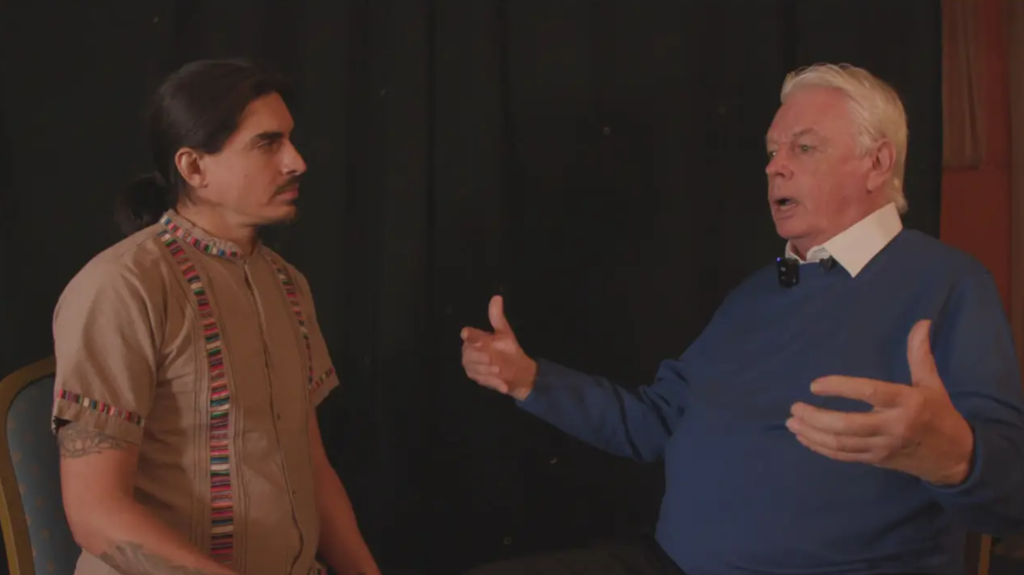In a compelling interview hosted by Derrick Broze, a well-recognized investigative journalist and founder of The Conscious Resistance Network, the renowned researcher David Icke shares his perspectives on various pressing issues concerning the independent media landscape. The dialogue spans a multitude of topics including the hijacking of the independent media, the formation of the Independent Media Alliance, and the roles played by prominent figures such as Elon Musk, Russell Brand, Alex Jones, and Jesse Ventura. Their conversation sheds light on what motivates Icke in his quest for truth and the broader implications of these discussions on society and media.
Icke begins by discussing the alarming erosion of authenticity in independent media, acknowledging that many independent platforms have increasingly succumbed to corporate or ideological influences. He argues that this shift compromises the integrity and the purpose of independent journalism, which should prioritize truth and transparency above all else. The establishment of the Independent Media Alliance is a response to these dynamics, aiming to create a collective that supports independent voices and fosters a space for genuine discourse. This initiative is seen by Icke as vital for reclaiming the narrative and empowering journalists committed to reporting the truth without external pressures.
The interview also delves into the influence of high-profile individuals such as Elon Musk and Russell Brand, both of whom have had substantial impacts on the media landscape in their own ways. Icke reflects on Musk’s controversial decisions and statements—especially in relation to social media and free speech—and how these decisions shape public discourse. Similarly, he evaluates Brand’s approach to addressing societal issues, suggesting that while their influence can be significant, it is vital for individuals to critically assess the broader systems that these personalities operate within.
Broze and Icke further explore the role of the Zionist Lobby and the intricate power dynamics at play in shaping public perception and policy. Icke emphasizes the importance of questioning dominant narratives and urges individuals to seek out diverse sources of information. He advocates for transparency and honesty, asserting that understanding the motivations behind media coverage and political agendas is essential for fostering a more informed and conscious society. This discussion serves to challenge listeners to navigate the complex landscape of media influence in an age where misinformation is rampant.
The conversation shifts to Icke’s perspectives on Jesse Ventura, highlighting his contributions to political discourse and independent thought. Icke expresses admiration for Ventura’s rebellious spirit and willingness to challenge the status quo. He sees figures like Ventura as vital allies in the fight against the monopolization of information and the suppression of dissenting voices. Icke’s passion for empowering others resonates throughout the dialogue, reinforcing his belief in the significance of grassroots activism and the need for collective action in addressing systemic issues.
Ultimately, the interview serves as a call to action for individuals to engage critically with the information presented to them and to foster a deeper understanding of the world around them. Icke’s journey as a researcher and truth-seeker reflects a broader struggle against manipulation and disinformation that permeates modern media. By prioritizing independence and championing authentic reporting, Icke and Broze inspire listeners to reclaim their agency in an increasingly complex global narrative. This enlightening exchange not only illuminates the current state of independent media but also empowers individuals to become more discerning consumers and advocates for truth in their communities.

